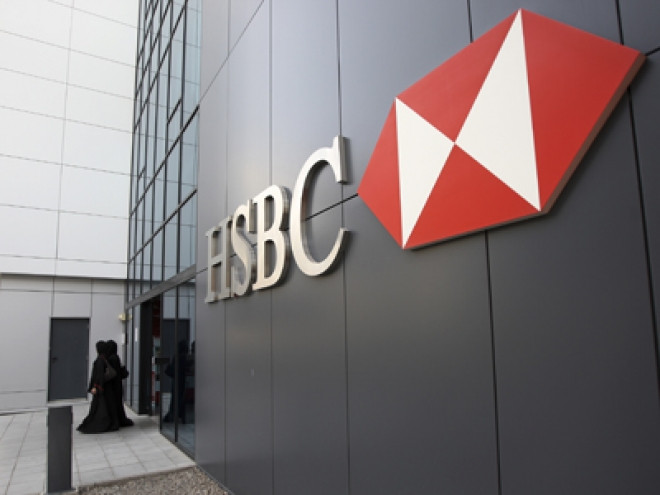HSBC £70bn Capital Black Hole Revealed by Forensic Asia

A Hong Kong-based research firm has warned investors that HSBC has overstated its assets by £50bn and will therefore need to inject £70bn worth of capital by 2020.
According to a report, entitled HSBC Holdings: End of the Charade, by Forensic Asia, two of its senior analysts Thomas Monaco and Andrew Haskins, had initially pegged HSBC has having between £38.7bn (€46bn, $63bn) and £57bn of "questionable assets" on its balance sheet.
These range from loan loss reserves and accrued interest to deferred tax assets, defined benefit pension schemes, and opaque Level 3 assets.
However, after applying a "moderate stress test" to HSBC's subsidiaries' balance sheets, the analysts said that even at the lowest end of their estimates, the bank's UK subsidiary could be over-valued by £10bn, while its Hong Kong unit could be overstated by £9bn.
On top of the overstated assets, Monaco and Haskins say incoming Basel III capital rules, which mean banks will have to hold a certain amount of cash on their balance sheets to act as a bufferzone in the event of a financial crisis, will have a severe impact on HSBC.
According to their analysis, HSBC could be required at a minimum to raise close to £36.7bn in new capital by 2019 and potentially as much as £68bn.
"In our view, HSBC has not made the necessary adjustments, during the quantitative easing reprieve. Rather, it has allowed legacy problems to linger as new ones in emerging markets gather pace," said Forensic Asia in the report.
"The result has been extreme earnings overstatement, causing HSBC to become one of the largest practitioners of capital forebearance globally."
Other market reports elsewhere suggest that HSBC is Britain's best capitalised major lender, with a tier 1 ratio of 12.8% and is already well above the minimum required by the Prudential Regulation Authority.
However, Forensic Asia says that even under current capital rules, HSBC's group and subsidiary balance sheets suggests the bank has a current capital shortfall of £28bn and that litigation costs linked to various claims could add no less than £6.1bn to its costs.
"This charade appears to be ending, given how few earnings levers remain besides selling off core elements of the franchise and the stringencies of Basel III compliance," said the analysts in the report.
"While having stated capital ratios well above peer averages is all well and good, HSBC's stated capital ratios would appear to be nothing more than a mirage if our analysis is correct."
HSBC declined to comment.
© Copyright IBTimes 2025. All rights reserved.






















